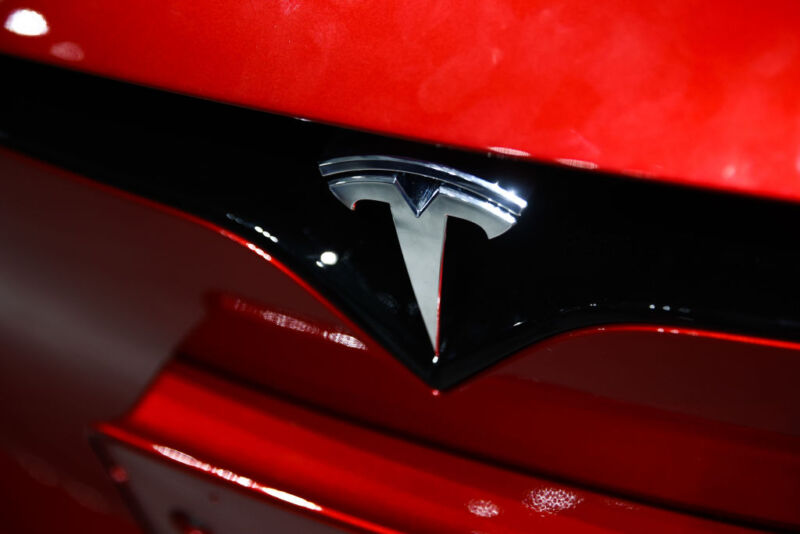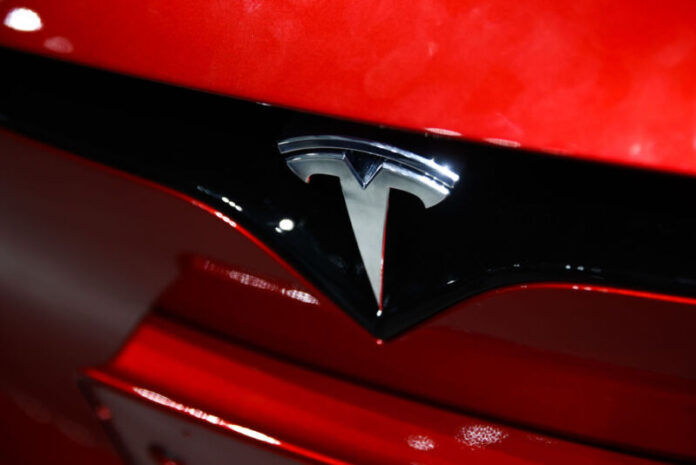
Enlarge (credit: NurPhoto / Contributor | NurPhoto)
A Florida judge, Reid Scott, has ruled that there's "reasonable evidence" to conclude that Tesla and its CEO Elon Musk knew of defects in Autopilot systems and failed to fix them. Testimony from Tesla engineers and internal documents showed that Musk was "intimately involved" in Tesla's Autopilot program and "acutely aware" of a sometimes-fatal defect—where Autopilot repeatedly fails to detect cross traffic, Scott wrote.
"Knowing that the Autopilot system had previously failed, had limitations" and, according to one Tesla Autopilot systems engineer, "had not been modified, Tesla still permitted the 'Autopilot' system to be engaged on roads that encountered areas of cross traffic," Scott wrote.
Because a jury could perhaps consider that a "conscious disregard or indifference to the life" of Tesla drivers, Scott granted a motion to seek punitive damages to Kim Banner, whose husband Jeremy was killed in 2019 when his "Model 3 drove under the trailer of an 18-wheeler big rig truck that had turned onto the road, shearing off the Tesla's roof," Reuters reported. Autopilot allegedly failed to warn Jeremy or respond in any way that could have avoided the collision, like braking or steering the vehicle out of danger, Banner's complaint said.
Read 18 remaining paragraphs | Comments
Ars Technica - All contentContinue reading/original-link]




